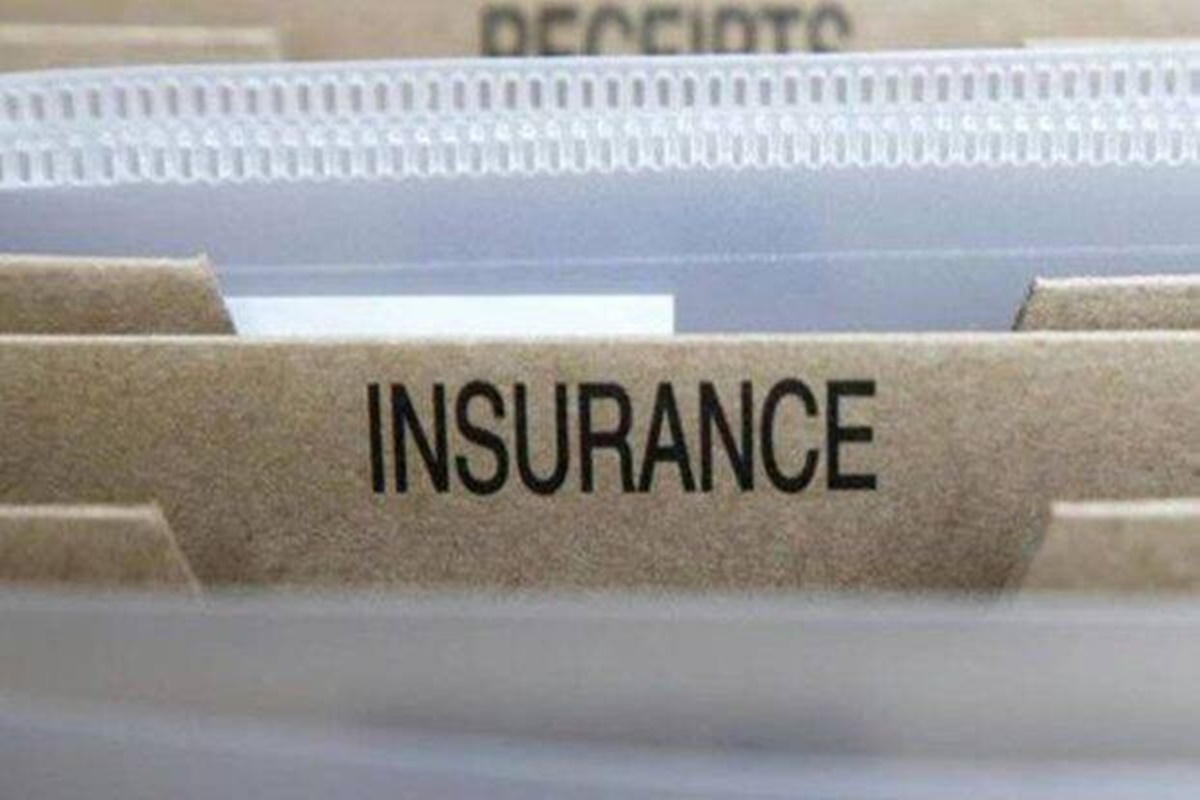This World Health Day take a look at this Comprehensive Guide to Health Insurance Claims – The Financial Express

The past two years have made the importance of securing our health more evident than ever before. These years have drawn attention to the fact that illnesses, accidents, natural calamities, and other unwanted situations can occur anytime without any warning. And in situations where we are faced with these unforeseen circumstances, it not only takes a toll on our emotional well-being but may also drain us financially.
This April, as we celebrate World Health Day, it is important to draw attention to how we can safeguard ourselves from the financial strain associated with any ailment or emergency through health insurance.
Comprehensive and adequate health insurance can cover pre and post hospitalization expenses, ambulance charges, costs associated with critical illnesses and a wide array of other expenses depending on the plan chosen. The most critical part of any insurance policy for any customer is the claims process when required. Hence, understanding the claims process is as important as buying an insurance cover. Being informed can help make the claims process seamless and stress-free.
For a hassle-free claims settlement, a basic comprehension of the policy is usually helpful.
Here’s a quick checklist of things to be mindful of during the claims process:
1. It is important that you notify your insurer / appointed TPA after a medical emergency. In case of planned hospitalizations, intimations can be given in advance for planning cashless.
2. Intimations can be provided over phone, e-mail, SMS, apps and other platforms made available by the insurer / TPA.
3. Upon intimation, you will receive a Claim Number. This is an important link for you to submit/pursue your claim in future
4. Filling up the Claim Form completely with the right information is important. You need to give all the relevant facts asked for in the form. All necessary supporting information should be provided
5. All original copies of receipts and bills should be submitted and, a copy of the Claim Form and the receipts should be kept for records
6. Ensure that all the medical investigation reports and consulting papers are submitted in original. Insurers can be requested to return the papers, in case you require them for long-term / repetitive treatments
7. It is necessary to always follow the claims procedure mentioned in the policy documents
8. Claim Form and the papers should be submitted to the right entity. It should be submitted to the TPA in case the policy is serviced through them, or to the insurer in case of direct servicing. In many cases, Insurance Agents/Brokers facilitate the collection and submission of documents
9. Most insurers ask for identity proof, KYC documents and account details (with Bank/ISFC Codes) for facilitating the remittance of claim proceeds. In some cases, a copy of the cancelled cheque is also required.
Things to avoid:
1. Delay in intimation of claim
2. Providing incorrect, incomplete, or misleading information in the Claim Form
3. Submission of the Claim Form through a third party not recognized by the insurer
4. Leaving important sections of the Form blank
With a little foresight and planning, making a health insurance claim can be simple and effortless. Following the steps above can help guarantee that the insurer processes the claim quickly, resulting in faster payment when you need it the most.
– Atul Deshpande, Head – Claims, Digital and Projects




